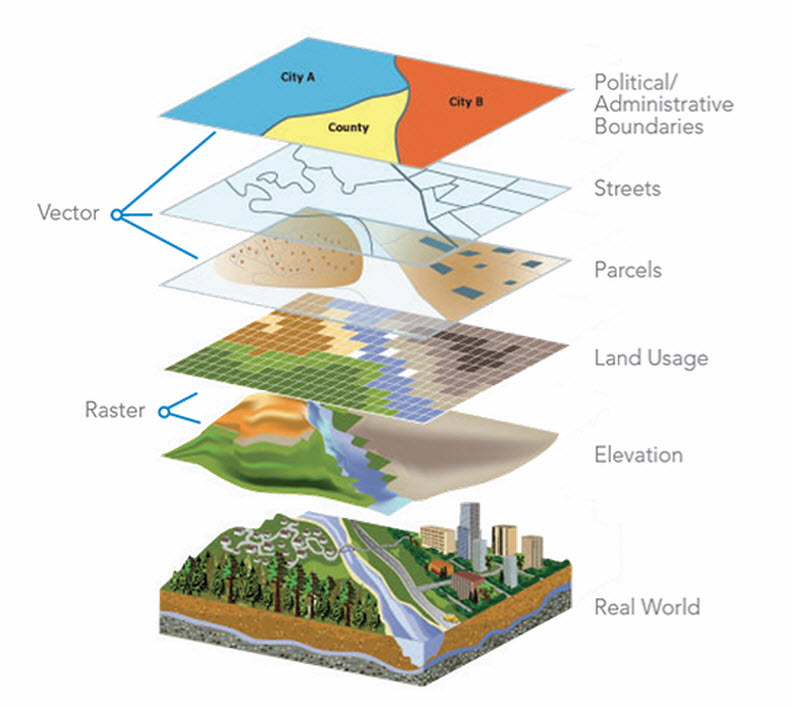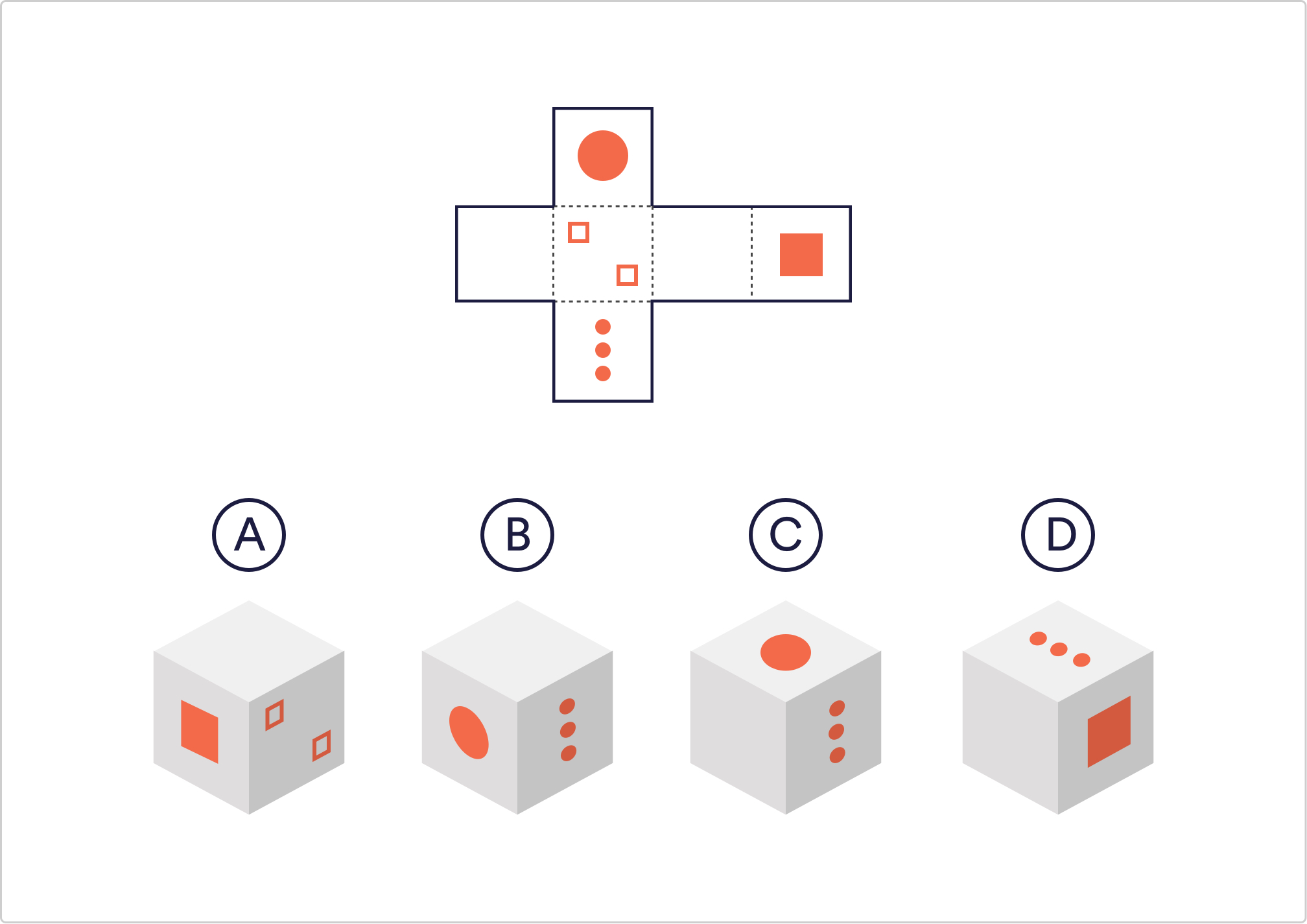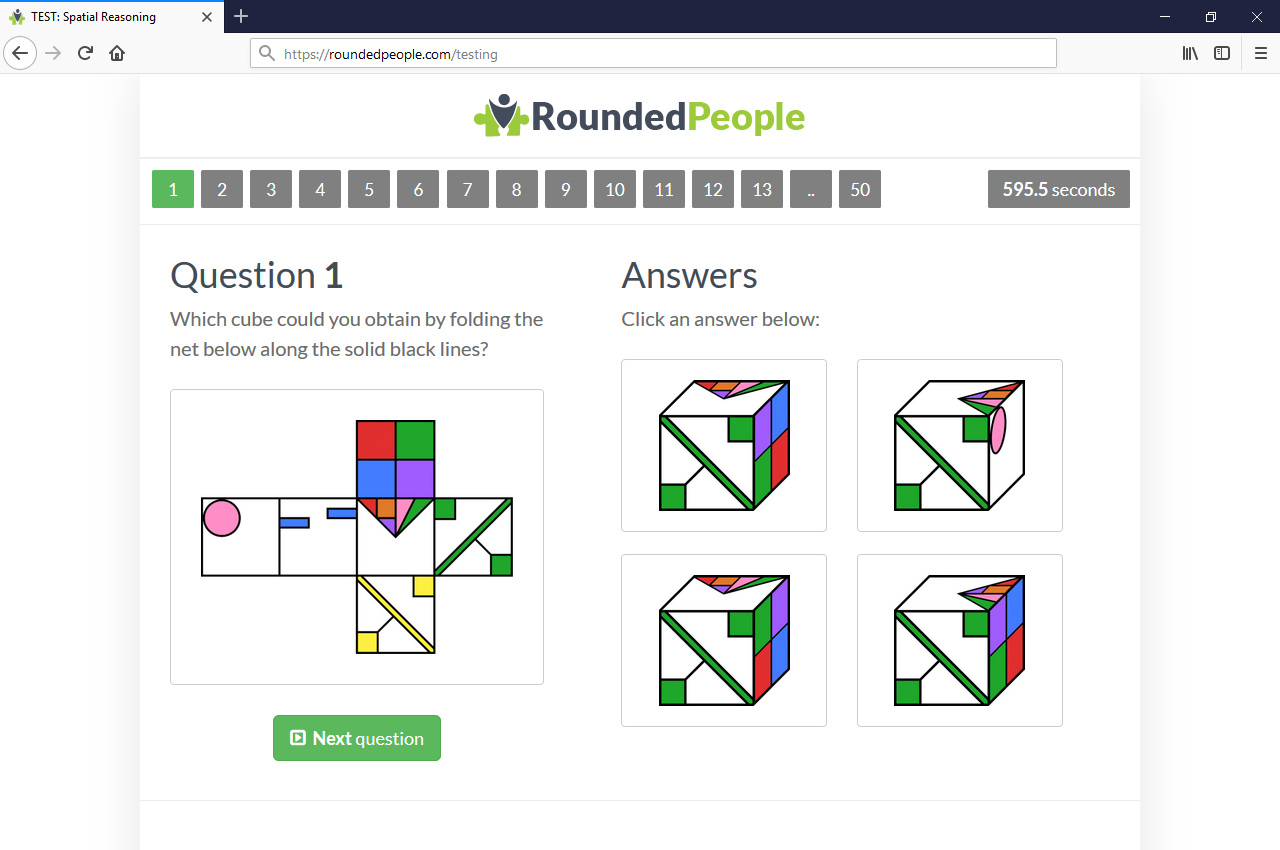The Pinnacle of Spatial Reasoning: A Deep Dive into the Highest Scores on Map Tests
Related Articles: The Pinnacle of Spatial Reasoning: A Deep Dive into the Highest Scores on Map Tests
Introduction
In this auspicious occasion, we are delighted to delve into the intriguing topic related to The Pinnacle of Spatial Reasoning: A Deep Dive into the Highest Scores on Map Tests. Let’s weave interesting information and offer fresh perspectives to the readers.
Table of Content
The Pinnacle of Spatial Reasoning: A Deep Dive into the Highest Scores on Map Tests

The ability to navigate and interpret spatial information is a fundamental human skill, crucial for everything from finding our way around a city to understanding complex data visualizations. This skill is often tested through map tests, which assess an individual’s ability to understand and manipulate spatial relationships. While the exact format and content of map tests vary, the underlying principle remains the same: to measure an individual’s spatial reasoning ability.
This article delves into the significance of achieving the highest scores on map tests, exploring the factors that contribute to exceptional performance and the benefits associated with this achievement.
Understanding the Significance of High Scores
A high score on a map test signifies a strong grasp of spatial reasoning, which translates to numerous real-world advantages:
-
Enhanced Navigation Skills: Individuals with high spatial reasoning skills excel at navigating complex environments, whether it’s a bustling city or a dense forest. This ability is invaluable for professions like pilots, drivers, and even urban planners.
-
Improved Problem-Solving: Spatial reasoning is closely linked to problem-solving skills. By visualizing and manipulating spatial information, individuals can better analyze situations, identify patterns, and arrive at effective solutions.
-
Enhanced STEM Proficiency: Spatial reasoning is a core competency in STEM fields. It underpins success in disciplines like engineering, architecture, medicine, and even computer science, where visualizing and understanding spatial relationships are crucial for innovation and problem-solving.
-
Boosted Cognitive Function: Studies have shown a strong correlation between spatial reasoning and overall cognitive function. Individuals with strong spatial skills often exhibit better memory, attention, and reasoning abilities, enhancing their overall cognitive performance.
Factors Contributing to High Scores
Achieving the highest scores on map tests is a testament to a combination of innate abilities and cultivated skills:
-
Natural Spatial Ability: Some individuals are naturally gifted with strong spatial reasoning abilities. This innate talent can be attributed to genetic factors and early experiences that shape the brain’s spatial processing capabilities.
-
Visual Memory: A strong visual memory allows individuals to recall and manipulate spatial information more effectively. This ability is crucial for remembering routes, visualizing objects in 3D, and accurately interpreting maps.
-
Spatial Visualization Skills: The ability to visualize and manipulate objects in space is fundamental for map tests. Individuals who can easily rotate, translate, and mentally manipulate objects in their mind tend to excel.
-
Spatial Reasoning Skills: This involves the ability to understand and apply spatial relationships, such as distance, direction, and orientation. Individuals who can effectively reason about spatial information can navigate complex maps and solve spatial puzzles.
-
Practice and Experience: While natural ability plays a role, consistent practice and experience are crucial for improving spatial reasoning skills. Engaging in activities like puzzles, games, and mental exercises that involve spatial reasoning can significantly enhance performance on map tests.
Benefits of High Scores
Beyond the inherent advantages of strong spatial reasoning, achieving high scores on map tests can have tangible benefits:
-
Academic Success: High scores on standardized tests, including those involving spatial reasoning, often translate to higher academic performance, especially in STEM fields.
-
Career Advancement: In professions that require spatial reasoning, such as architecture, engineering, and aviation, high scores on map tests can be a significant advantage in securing employment or advancing in a career.
-
Enhanced Problem-Solving: Strong spatial reasoning skills contribute to improved problem-solving abilities in diverse contexts, leading to better decision-making and innovation in various fields.
-
Personal Growth: Developing spatial reasoning skills can enhance an individual’s overall cognitive function, leading to improved memory, attention, and learning abilities, contributing to personal growth and success.
FAQs: Addressing Common Questions about Map Tests
Q: What types of questions are typically found on map tests?
A: Map tests can include a variety of question types, such as:
- Route Planning: Identifying the shortest or most efficient route between two points on a map.
- Object Location: Determining the location of specific objects or landmarks on a map.
- Spatial Reasoning: Solving spatial puzzles, interpreting spatial relationships, or understanding perspectives from different viewpoints.
- Map Interpretation: Analyzing and interpreting data presented on maps, such as population density or elevation changes.
Q: How can I improve my spatial reasoning skills for map tests?
A: Here are some strategies to enhance your spatial reasoning skills:
- Engage in Spatial Games and Puzzles: Play games like Sudoku, Tetris, and Rubik’s Cube, or try solving spatial puzzles that challenge your visualization and reasoning abilities.
- Practice Mental Rotation: Try mentally rotating objects in your mind, such as visualizing a cube being turned or a map being flipped.
- Study Maps: Familiarize yourself with different types of maps, such as road maps, topographic maps, and satellite images.
- Use Visual Aids: When solving map-related problems, draw diagrams or use visual aids to help you visualize the information.
- Seek Out Real-World Opportunities: Look for opportunities to apply your spatial reasoning skills in real-life situations, such as navigating unfamiliar environments or planning trips.
Q: Are there any resources available for practicing map test questions?
A: Yes, there are numerous resources available online and in print that offer practice questions and tests specifically designed to assess spatial reasoning skills. These resources can help you familiarize yourself with the types of questions you might encounter and develop strategies for solving them effectively.
Tips for Success on Map Tests
- Understand the Instructions: Carefully read and understand the instructions for each question. Pay attention to the specific requirements and the type of answer expected.
- Use Visual Aids: Draw diagrams, sketch routes, or use other visual aids to help you visualize the information and solve problems effectively.
- Practice Time Management: Allocate your time wisely to ensure you have enough time to answer all the questions.
- Eliminate Incorrect Answers: If you’re unsure of the correct answer, try to eliminate incorrect options to increase your chances of selecting the right one.
- Review Your Answers: If time allows, review your answers to ensure accuracy and make any necessary corrections.
Conclusion
Achieving the highest scores on map tests is a testament to exceptional spatial reasoning skills, a valuable asset in a wide range of fields. By understanding the factors contributing to high scores and embracing strategies for improving spatial reasoning, individuals can unlock the potential of their spatial abilities, enhancing their cognitive function, academic performance, and career prospects.
Whether it’s navigating a city, solving complex problems, or excelling in a STEM field, the ability to interpret and manipulate spatial information is an invaluable skill that can lead to a fulfilling and successful life.








Closure
Thus, we hope this article has provided valuable insights into The Pinnacle of Spatial Reasoning: A Deep Dive into the Highest Scores on Map Tests. We thank you for taking the time to read this article. See you in our next article!